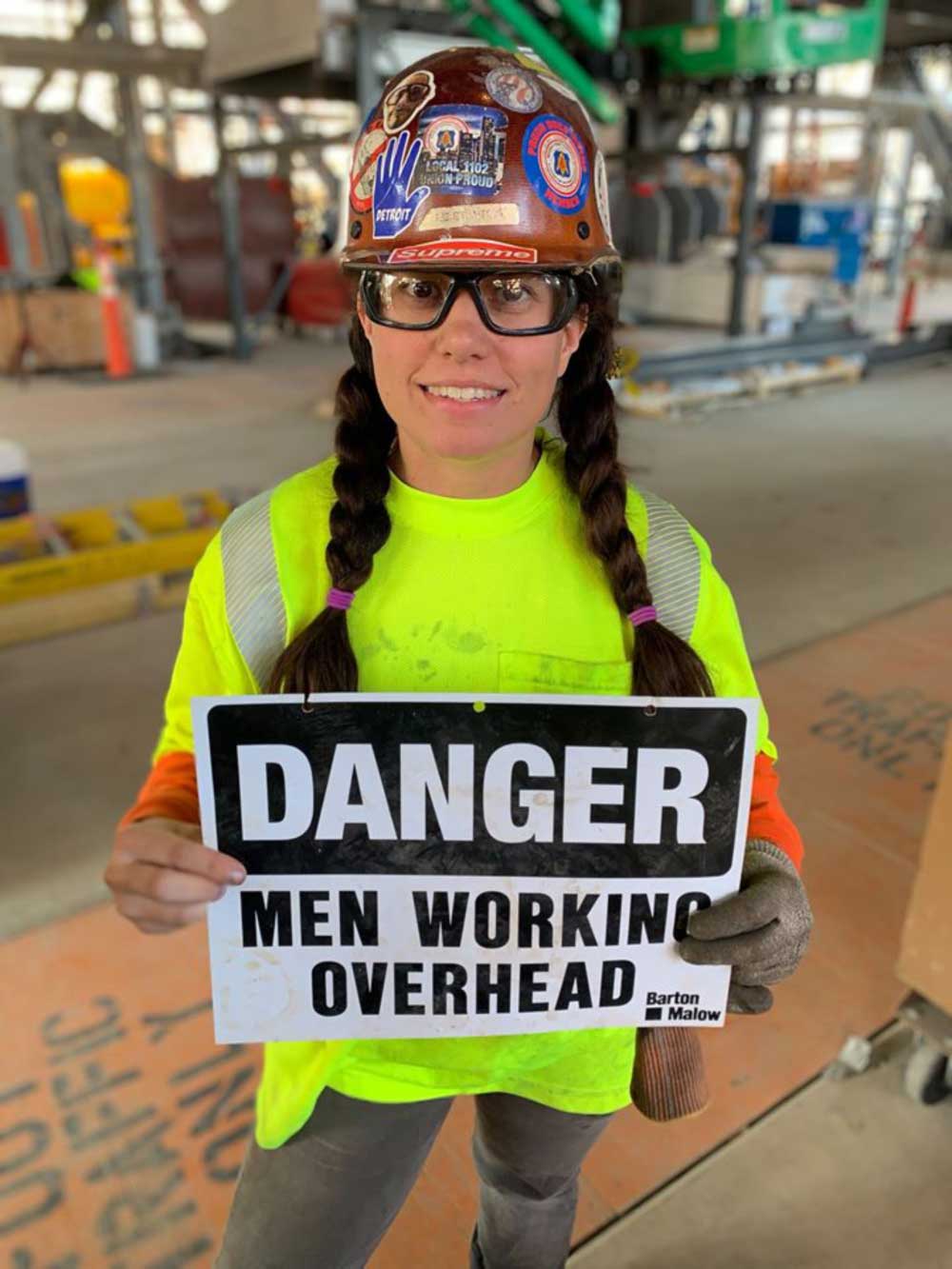Watch for blue-collar growth in post-pandemic America – and diverse jobs that don’t require a college degree or debilitating debt.
by Ken Rusk
As our country reopens, there will be skyrocketing need for skilled blue-collar workers — people to fix roofs that have been leaking, basements that have been flooded, and roads and bridges that have deteriorated. Post-pandemic, we’re going to need doers – people who will literally rebuild America. That was true before the virus hit, and it’s going to be even more critical as we recover.
Even prior to the Coronavirus, America was experiencing a severe shortage of blue-collar workers. A study by the Manufacturing Institute and Deloitte suggests a skills gap of two million workers over the next decade. “To put it bluntly,” a Conference Board report states, “there are simply not enough people in the labor force willing to work in blue-collar jobs.” Post-pandemic, this is going to mean tremendous opportunities for millions of Americans.
What is a skilled tradesperson? There is no single definition, but “skilled” is the operative word, so one criterion is that it is more than just routine labor. It’s a skill learned and improved upon over time in which you use your hands for something other than fingers on a keyboard. The genesis of the term is instructive, too, because it implies “freedom.” In the early 1900’s, office workers were required to wear buttoned-down shirts with white collars, while skilled laborers could wear much more comfortable clothing. As it happened, most dungaree-type casual work shirts were blue. That kind of freedom continues to this day – not so much in their attire, but in a lifestyle the allows blue-collar workers to achieve the American dream on their own terms, however they want to define it.
There’s another obvious benefit to being a blue-collar worker – it relies on an individual’s own skills, rather than on the massive sums so many graduates are forced to borrow, which currently averages about $40,000 per person. A staggering total $1.5 trillion is owed by more than 44 million Americans, and despite what some politicians are promising, this debt will not disappear once temporary pandemic relief programs are suspended.

Elizabeth Stanton took a construction course that inspired her to try welding; she immediately got a job making over $3,000 per week, has a new house, two cars, and no debt.
According to Pew Research, about a third of student loan holders have come to the difficult conclusion that the lifetime financial costs of their bachelor’s degree outweigh the very benefits that they went there to seek. Jobs for recent graduates, particularly in their chosen field, are going to be even scarcer than before the pandemic hit. According to the Washington Post, only 27 percent of college graduates have a job related to their major, and a number of studies suggest that more than half are taking jobs that don’t even require a college degree. Contrast that with last year’s Harris poll of blue-collar worker that found 86 percent are happy with their jobs, and 85 percent believe their lives are headed in the right direction.
The idea that you have to dig yourself into a financial hole in order to flourish in a career is absurd. According to a lengthy report published by the international consulting company, Bain & Company, “the college-for-everyone mentality has pushed awareness of other possible career paths to the margins” and that “if we want everyone’s kid to succeed, we need to bring vocational education back to the core of high school learning.”
Sure, learning to be an electrician, a carpenter, a plumber, or a crane operator takes education, but low or no-cost high school shop classes, apprenticeships, on-the-job training, and vocational programs at community colleges are all ways young people can learn, and learn to love, blue-collar skills without taking on massive debt. Another benefit is that any blue-collar passion can turn into a business, and in today’s world, the cost of opening your own has never been lower. Each year, millions of energetic, enthusiastic men and women take a shot at working for themselves, being their own boss, controlling their own destinies, and making a profit.
My job is president of Rusk Industries Inc, a foundation waterproofing company. It’s a dirty business with jackhammers and concrete, buckets of tar, and tons of gravel. But I love it. I love the people I work with, and I look back on the path that got me here and think “there is no better way to live.”
The current crisis, and as America slowly gets back to normal, is a call to arms for the blue-collar worker. The demand is already there, and so is the opportunity for millions of Americans looking for active, skilled, lucrative, interesting work. Moving forward, it can also be transformative for the nation’s overall economy.

Ken Rusk
Ken Rusk is president and founder of Rusk Industries, and author of BLUE COLLAR CASH: Love Your Work, Secure Your Future, and Find Happiness for Life (HarperCollins, 7/28). An Ohio-based construction business entrepreneur and self-made blue-collar millionaire, Ken has launched multiple successful endeavors over the last 30 years. With extensive experience in hiring, training, and developing talent, particularly those without college degrees, Ken is passionate about helping people achieve their dreams regardless of their educational background or past. He has coached hundreds of people on goal setting, life visualization, career paths, and sound financial planning. Visit www.kenrusk.com. Learn more about his journey in this short video.
Contact Ken Rusk at ken@ruskind.com; visit https://www.kenrusk.com/blue-collar-cash.
Scott Ellyson, CEO of East West Manufacturing, brings decades of global manufacturing and supply chain leadership to the conversation. In this episode, he shares practical insights on scaling operations, navigating complexity, and building resilient manufacturing networks in an increasingly connected world.